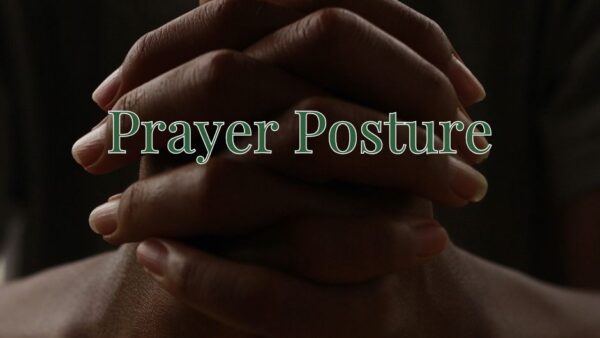“In essentials, unity; in non-essentials, liberty; in all things, charity.”
I heard that quote referenced in a sermon this morning. It is often attributed to Augustine (354-430), John Wesley (1703-1791), and a number of other theologians in between. (This morning’s speaker attributed it to Augustine).
According to some historians, the saying actually first appears in a tract on Christian unity written in 1627 by an otherwise undistinguished German theologian, Rupertus Meldenius, during the bloody Thirty Years War (1618-1648).
This concludes your history lesson for today.
In a circumstance of great irony, I am composing this post while sitting in a Baptist business meeting! (One in which I am mildly interested, but not involved).
When I heard that quote this morning and the assertion that followed it, my pondering brain kicked in.
Here’s the assertion: “In unity we have great opportunity.”
Almost immediately, I envisioned a word written this way: OpportUNITY.
Here’s the truth—there are things that we can ONLY accomplish, if we do them together!
And therein lies part of our problem.
We have a really hard problem with that unity thing.
Maybe it’s because we turn every molehill into a mountain to die on. We have made up our minds on every issue and are only willing to listen to those with whom we already agree.
In other words, if you want unity with me you need to agree with me. On everything. Not simply the essentials.
It’s all essential because I want a world that conforms to my ideas of what the world should look like.
And if you don’t agree, you are an enemy that deserves to be defeated.
By the way, I’m using me as the example because it (1) allows me to make my point with calling anyone out and (2) reminds me that I could be that way apart from the grace of God and an intentional choice to NOT live that way.
Part of the genius of the quote is that it reminds us that there are different circumstances that require different responses.
Some things are essential and on them we need unity.
Now, there is a difference between “unity” and “uniformity.” Unity does not mean that we have complete agreement on every point, but that we all agree that the issue requires our attention and cooperation on something that really matters. In other words, we agree that we all need to bring our best to this particular issue because our interests and values overlap.
Some things are non-essential and on them we need to allow for liberty. That is to say that we can give space for different people to approach these situations in different ways within their own spheres. We give each other freedom to coexist without the pressure to conform to each other’s ideas.
But the key—the secret sauce that makes it all work—is charity in all things.
That is to say that, in every circumstance we treat people the way we would want them to treat us. None of us wants to be attacked, slandered, or marginalized over issues of disagreement. Because we don’t want that for us, we refuse to do that to others.
One final thought regarding the source of the quote: if it’s true and helpful, it doesn’t matter who originally said it.
That’s another major part of our struggle—evaluating truth by source rather than content.
We need to remember that truth is true even when it is spoken by the “other side.” Falsehood is still falsehood even when it is spoken by “my side.”
If we can get our heads around that, we have an amazing opportUNITY before us.
Be amazing today, my friend.




